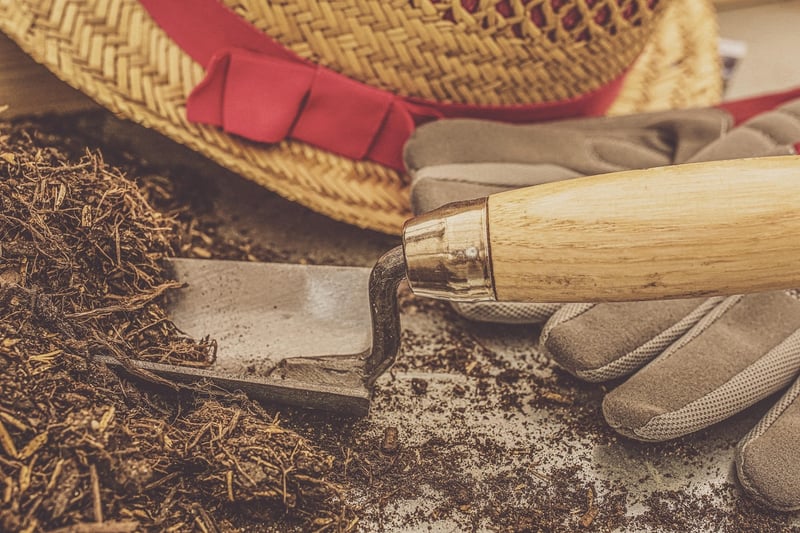Soil Maintenance
Essential Plant Care Practices and Soil Maintenance
Proper plant care and soil maintenance are crucial for the health and growth of your plants. By following these essential practices, you can ensure that your plants thrive and remain vibrant throughout the year.
1. Watering
Watering is a fundamental aspect of plant care. Different plants have varying water needs, so it's essential to research the specific requirements of each plant in your garden. Overwatering can lead to root rot, while underwatering can cause wilting and stunted growth.
2. Sunlight
Plants need sunlight to photosynthesize and grow. Make sure to place your plants in locations where they receive adequate sunlight based on their individual requirements. Insufficient sunlight can result in leggy growth and poor flowering.
3. Pruning
Regular pruning helps maintain the shape and health of your plants. Remove dead or diseased branches, as well as any overgrown or tangled parts. Pruning also encourages new growth and flowering.
4. Fertilizing
Plants require essential nutrients to thrive. Fertilize your plants regularly using organic or synthetic fertilizers to provide them with the necessary nutrients for growth and development. Be mindful of the specific needs of each plant type when choosing a fertilizer.
5. Pest Control
Keep an eye out for common garden pests such as aphids, mealybugs, and spider mites. Regularly inspect your plants for any signs of pest infestation and take appropriate measures to control and eliminate them. This can include using insecticidal soaps, neem oil, or introducing beneficial insects.
Soil Maintenance
1. Soil Testing
Regularly test your soil to assess its pH level and nutrient content. This information can help you determine the right amendments to add to your soil to ensure optimal plant growth.
2. Mulching
Applying mulch around your plants helps retain moisture, suppress weeds, and regulate soil temperature. Organic mulches like bark chips or compost also enrich the soil as they break down.
3. Aeration
Compacted soil can impede root growth and water absorption. Aerating the soil by loosening it with a garden fork or aerator can improve drainage and allow roots to access oxygen more easily.
4. Composting
Compost is a valuable soil amendment that enriches the soil with nutrients and improves its structure. Start a compost pile using kitchen scraps, yard waste, and other organic materials to create nutrient-rich compost for your garden.
5. Crop Rotation
Practicing crop rotation can help prevent soil depletion and reduce the buildup of pests and diseases. Rotate your crops each season to maintain soil fertility and overall plant health.
By incorporating these essential plant care practices and soil maintenance tips into your gardening routine, you can create a thriving and vibrant garden that will bring joy and beauty to your outdoor space.

Remember to always research the specific needs of your plants and soil to provide them with the best care possible.
